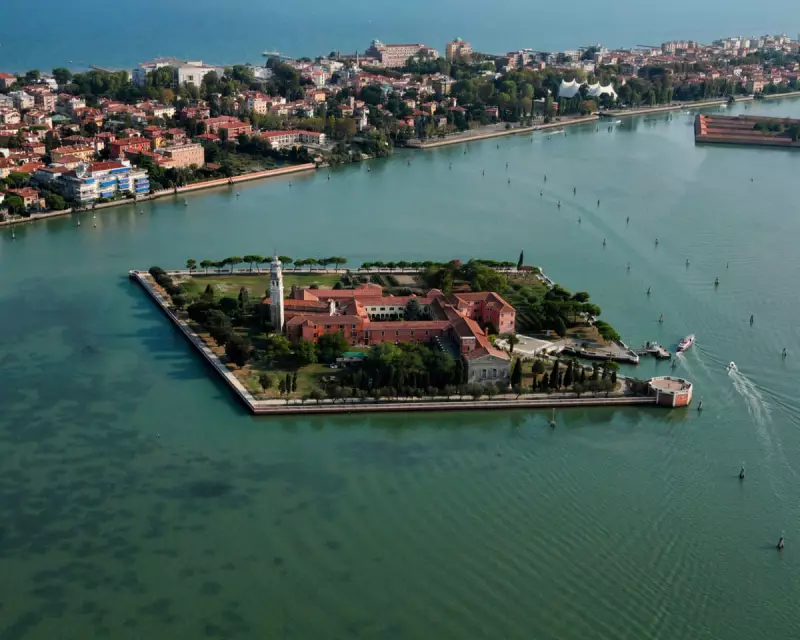
In a move that has sparked widespread debate, Venetian police have levied fines against a group of parents whose children were playing a casual game of football in the city's iconic Campo San Polo. The incident, which saw officers interrupt the game, highlights the ongoing tension between preserving historic sites and allowing for everyday life in the tourist-heavy city.
The parents were charged under local regulations that strictly prohibit sports and ball games in the vast public square, one of the largest in Venice. Authorities enforce these rules to protect the historic paving and the general tranquillity of the area, which is a popular spot for tourists and locals alike.
A Clash of Culture and Regulation
The enforcement has raised questions about the soul of the city. Proponents of the rules argue that without such measures, the delicate infrastructure and unique atmosphere of Venice would be eroded by unchecked recreational use. They point to the need to maintain order and protect cultural heritage.
However, critics see the fines as a symbol of a city prioritising tourism over the lived experience of its residents. Many ask where children are supposed to play in a city with a severe lack of green spaces and dedicated playgrounds, suggesting the incident reflects a deeper issue of urban planning and community welfare.
Broader Implications for Public Life
This is not an isolated event. Venetian authorities have a history of clamping down on activities deemed inappropriate for its historic centres, from banning picnics on steps to restricting swimming in canals. This latest fine underscores a continuous struggle to balance the city's status as an open-air museum with its function as a living, breathing community where families reside.
The story has resonated beyond Italy, prompting a discussion about the right to public space and the freedom of children to play in urban environments across Europe. It poses a challenging question: how do ancient cities adapt to modern life without losing their identity or alienating their inhabitants?





